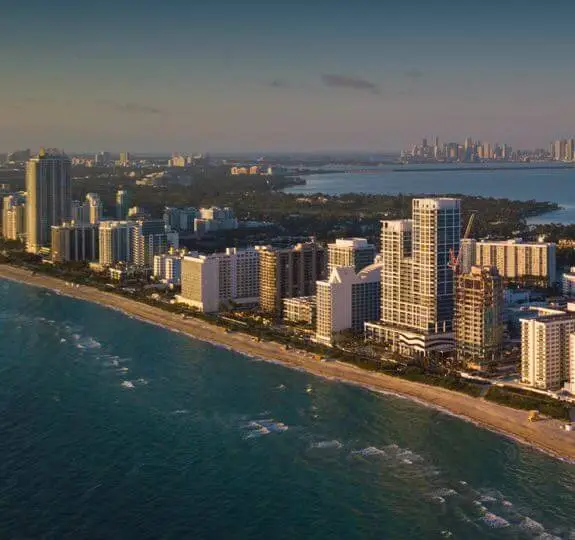Deportations Under Wartime Law Raise Critical Legal Questions for Immigrants
The Trump administration’s recent deportation of alleged Venezuelan gang members—despite a judge’s emergency restraining order—has reignited urgent legal debates about immigrant rights and due process in the U.S. immigration system.
On March 16, 2025, U.S. District Judge James Boasberg issued an emergency order blocking the deportation of noncitizens under the Alien Enemies Act, a wartime statute from 1798. The law, rarely used since World War II, allows the president to deport individuals from a country deemed hostile to the U.S. during wartime—without a hearing.
However, before the judge’s written order could take effect, the administration proceeded with removing alleged members of Tren de Aragua, a violent Venezuelan gang, to El Salvador, asserting the deportations were lawful under President Trump’s March 15 proclamation. The flights took off from Texas even as the court proceedings were ongoing.
The White House defended the move, stating that the written order came after the individuals had already left U.S. territory. Yet, legal experts argue that oral orders from federal judges carry binding legal weight, raising questions about compliance and potential consequences.
According to the Trump administration, over 250 Tren de Aragua members were deported, including individuals the administration labels as threats to national security.
⚖️ Why This Matters to Immigrants and Their Families
This development is especially concerning for immigrants—documented and undocumented—who may now face removal based on associations or allegations, even before their full legal case is heard.
If the Alien Enemies Act becomes a widely used tool for deportation, individuals from certain national backgrounds could be targeted without due process, bypassing the protections typically offered in immigration court.
This case also shows the volatility in immigration enforcement practices. Even with legal orders in place, rapid policy shifts and emergency actions may affect those in detention or applying for relief.
📌 What Comes Next
The Department of Justice has appealed Judge Boasberg’s restraining order, and further legal battles—including a likely Supreme Court case—are expected. For now, the precedent set here should concern any immigrant or family navigating the current enforcement climate.
Need Immigration Help?
At Law Office of Ben Ezra Eran, we are committed to guiding individuals and families through the complexities of the U.S. immigration system — our experienced legal team is here to support you every step of the way.
📅 Schedule a confidential consultation today by visiting our contact page
📞 Or call us directly at (305) 912-7777

